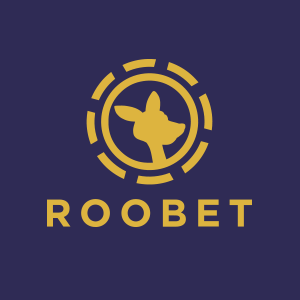The OACPS Research and Innovation Programme aims to strengthen R&I capacity in ACP countries to unlock their innovation potential for sustainable development!
Policy Support Facility Video
NEWS
The new Policy Support Facility is launched!
January 18, 2021 This unique tool will contribute to create a more inclusive and effective R&I environment for sustainable development in African, Caribbean and Pacific (ACP) countries. As a key component of the new OACPS Research and Innovation Programme, implemented by the Organisation of African, Caribbean and Pacific States (OACPS) and funded by the EuropeanContinue reading “The new Policy Support Facility is launched!”
It is now possible to submit an Expression of Interest to request a policy service!
January 18, 2021 Policy and decision-makers who are interested in submitting a request can now access a broad range of on-demand and tailor-made services. Objective of the call The OACPS Secretariat seeks requests from national and regional public authorities of ACP countries for the provision of policy support services: to address specific R&I challenges; toContinue reading “It is now possible to submit an Expression of Interest to request a policy service!”
Join our team of Policy Support Facility experts!
January 18, 2021 As part of its new ‘Policy Support Facility’ (PSF), aimed at boosting research and innovation (R&I) in ACP countries, the Organisation of African, Caribbean and Pacific States (OACPS) Secretariat is launching a Call for Declarations of Interest, to establish a roster of experts for short-term assignments in R&I policy domains. Objective ofContinue reading “Join our team of Policy Support Facility experts!”

The OACPS R&I Programme is an initiative funded by the European Union and implemented by the Secretariat of the Organisation of African, Caribbean and Pacific States (OACPS).



